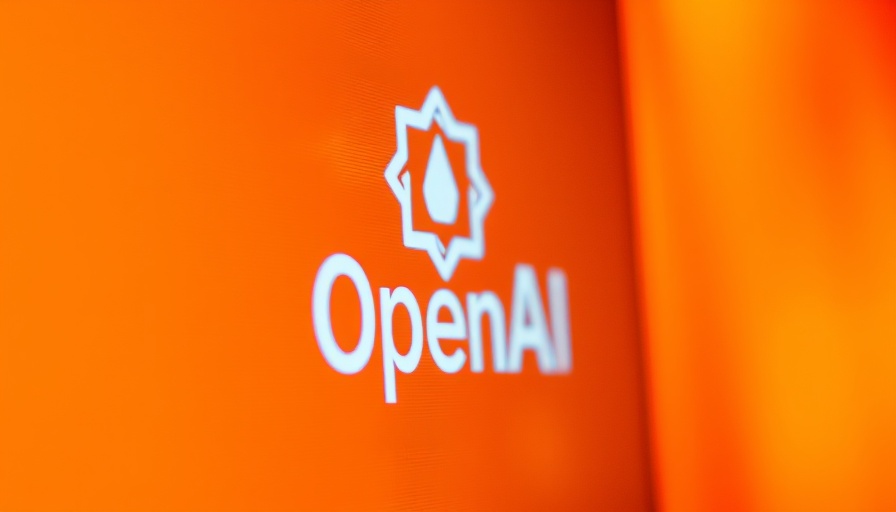
OpenAI Enhances Its Operator Agent with a Revolutionary AI Upgrade
In a significant move to bolster its offerings in the AI agent landscape, OpenAI has announced an upgrade to the model powering its Operator, an AI agent designed for autonomous web browsing and task execution within cloud-hosted virtual environments. The new model, set to launch soon, is based on the advanced o3 architecture, standing head and shoulders above its predecessor, the GPT-4o version.
The Leap from GPT-4o to o3: What’s New?
With the switchover to the o3 model, OpenAI aims to deliver a more sophisticated level of reasoning and mathematics in tasks performed by Operator. The company highlighted this transition, stating, "We are replacing the existing GPT-4o-based model for Operator with a version based on OpenAI o3." This leap illustrates the rapid advancements in AI technology, pushing for a future where machines can handle complex requests more efficiently and with greater accuracy.
Understanding the Competitive Landscape in AI Agents
The field of AI agents is becoming increasingly crowded, with numerous companies pursuing cutting-edge technologies that allow for heightened task execution capabilities. Google, for example, has rolled out its own offerings through the Gemini API, which can autonomously browse and take actions akin to those of OpenAI’s Operator. Meanwhile, Anthropic has also introduced models capable of performing various computer tasks, showing that the race for innovation in this sector is heating up.
Safety Enhancements: What the New Model Brings
Not just about performance upgrades, the o3 Operator also comes with refined safety features that reflect OpenAI’s commitment to ethical AI deployment. According to a technical report released by the company, the o3 model has shown a marked decrease in the chances of refusing tasks deemed “illicit” or potentially dangerous. Furthermore, it is also less vulnerable to threats like prompt injection—a tactic often used to manipulate AI responses.
Future Implications: How Will This Change User Interaction?
As AI agents become increasingly capable, users must consider how these advancements will impact their daily tasks and interactions. With improved capabilities, users can expect more efficient handling of complex requests—allowing them to save time and increase productivity. In an age where quick and efficient service is paramount, OpenAI’s Operator with the o3 model could set the standard for how users interact with technology in the future.
The Bigger Picture: Trends in AI and Technology
This development is not just about OpenAI; it reflects larger trends within the tech industry towards increasingly intelligent systems that can assist with mundane tasks in ways that were previously thought impossible. As AI continues to evolve, we can anticipate a broader societal shift towards greater reliance on these tools, raising questions about data security, privacy, and the potential ramifications of a growing dependence on technology.
Looking Ahead: What to Expect from AI in the Coming Years
The launch of the o3 Operator is only a piece of what’s to come. As AI continues to grow, we can expect ongoing innovations and improvements from major players in the tech industry. The potential for AI to transform business, education, and entertainment sectors suggests that we are merely scratching the surface of its capabilities. Staying informed about these trends—especially through reliable tech news sites—will be crucial for both businesses and consumers aiming to navigate the future landscape of technology.
In conclusion, as AI technologies advance, understanding their implications and applications becomes essential for consumers and businesses alike. OpenAI's Operator upgrade demonstrates how companies are committed to leading in this field by enhancing functionality and safety, shaping the future of how we interact with technology.
 Add Row
Add Row  Add
Add 



Write A Comment